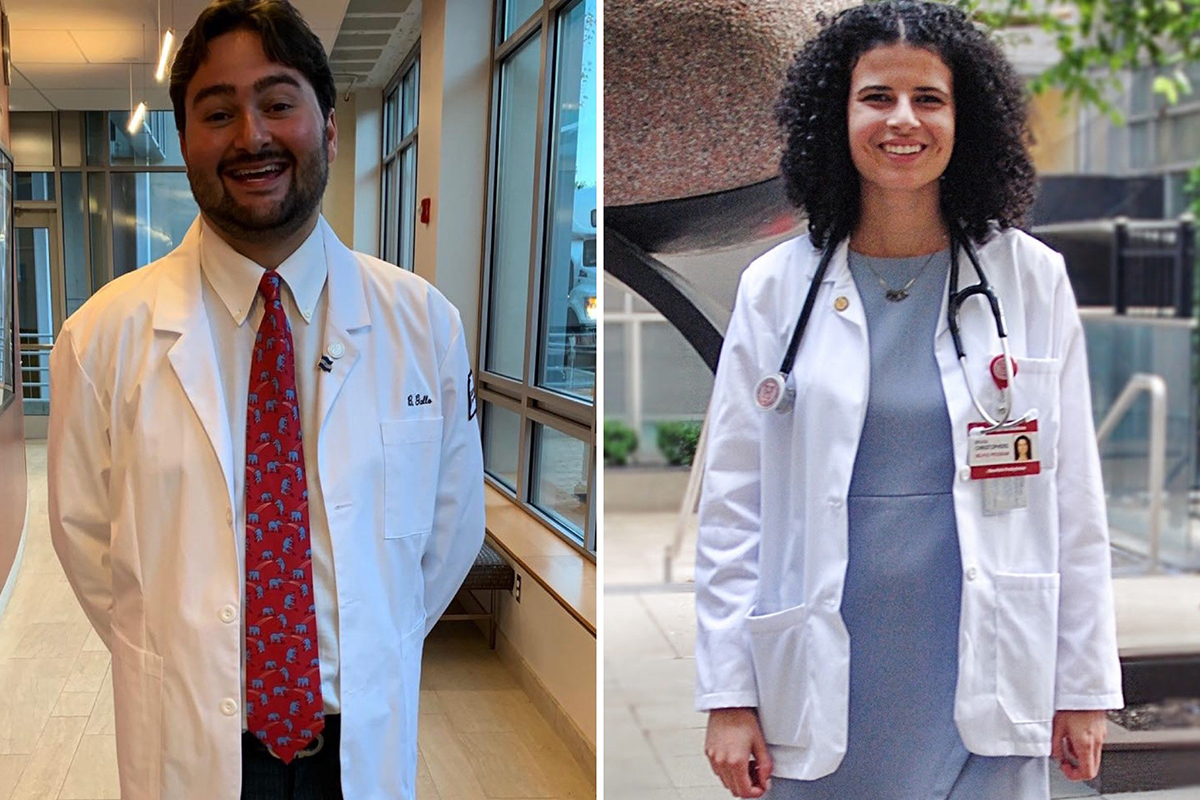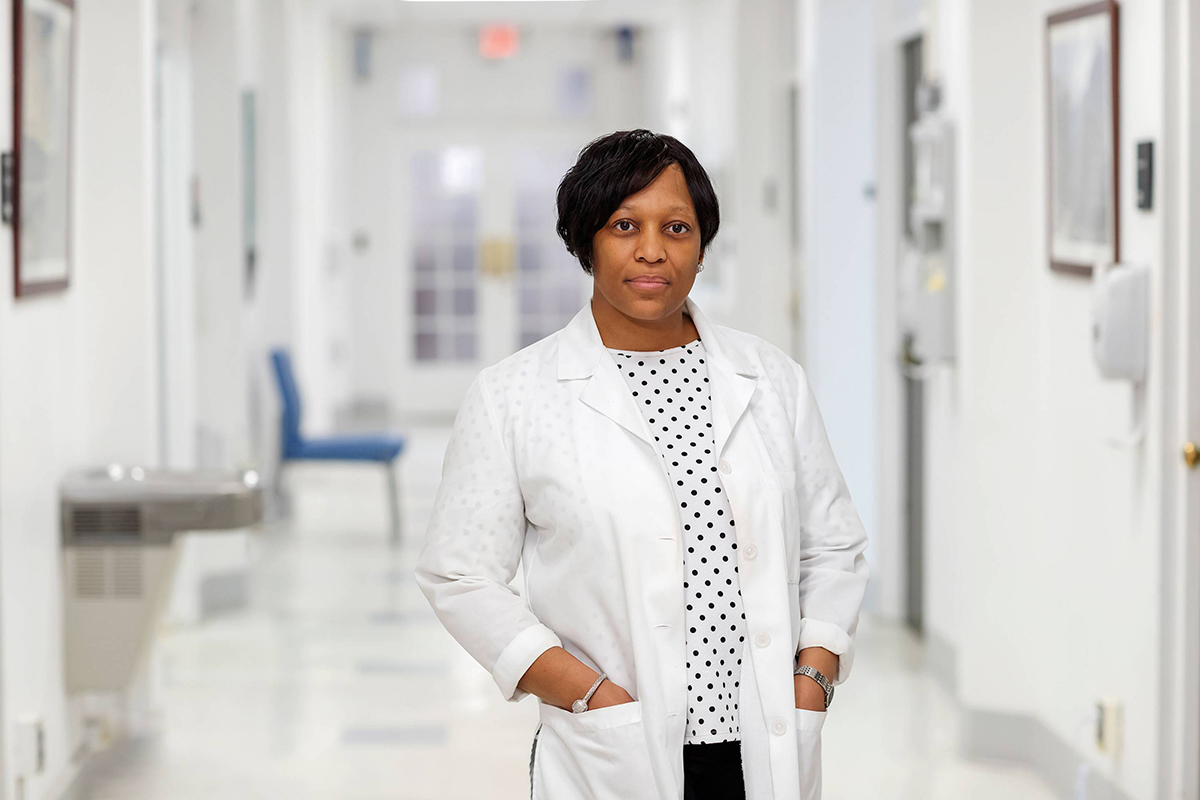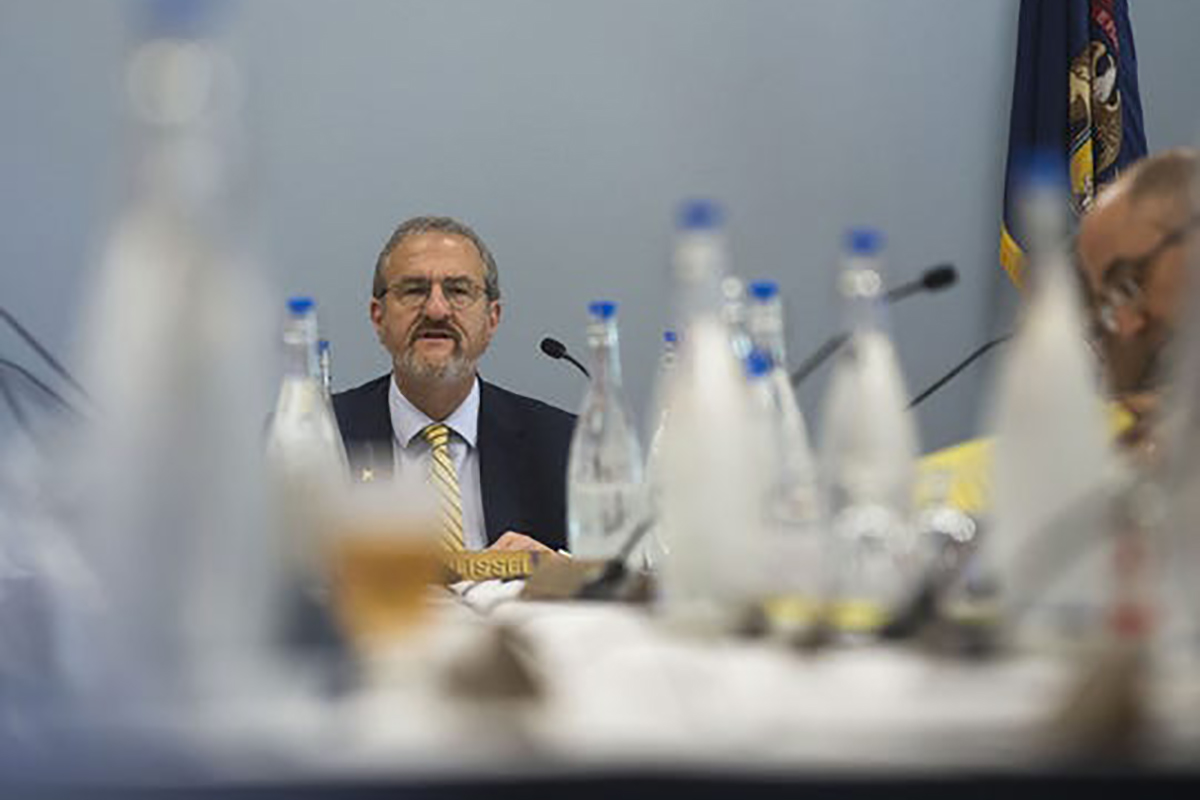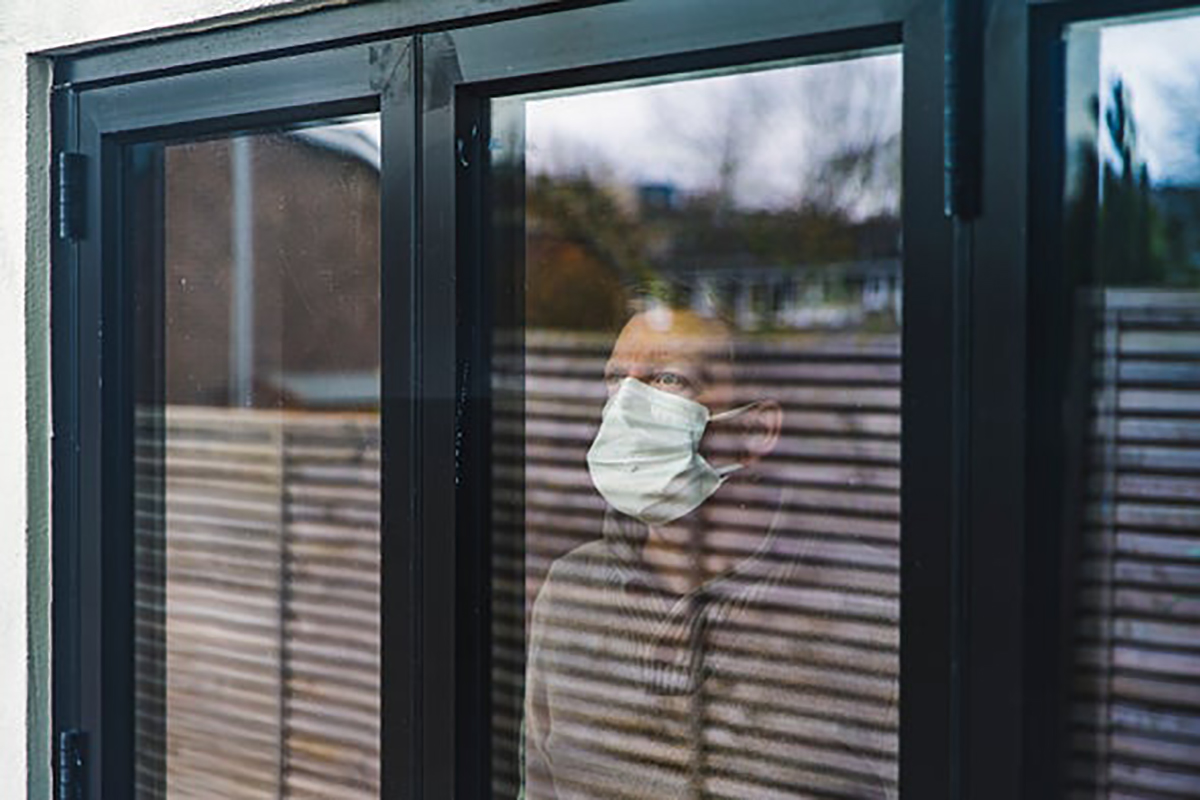
Ben Gallo ’17, a medical student at Brown University, and Briana Christophers ’17, currently at Weill Cornell Medicine, have co-authored an article in “The Lancet Global Health” outlining the Nicaraguan government’s erratic response to COVID-19. Directly contradicting mitigation strategies recommended by the World Health Organization, President Daniel Ortega has refused to encourage any physical distancing measures. Vice President Rosario Murillo, Ortega’s wife, has even called for street marches instead.
Gallo, Christophers, and their co-authors state that the country’s lack of testing and low numbers of ventilators can cause the already fragile public health infrastructure to collapse under the pressure of widespread infection. In addition, they contrast the Nicaraguan response with those of other governments in the region, all of which taken stronger measures against the virus. Nicaragua is the poorest country in Central America, but even those with greater resources and more pro-active responses are struggling to contain the virus. The consequences of Nicaragua’s refusal to act could also undermine its’ neighbors’ efforts, putting the whole region at risk.
Read the full article at the Lancet.




